Ugly People
This is not Space Monkey speaking, just me.
Recently I came across a post that read “The ugliest people are those with no compassion” and it really threw me for a loop. I immediately responded with “The second ugliest people are those who judge others,” then, within minutes, deleted my comment after I realized it was equally hateful in a righteous sort of way.
On the positive side, this started me thinking about what it means to be judgmental. I know that in spiritual circles, judgement is one of those things people try to transcend, while everyone else makes fun of the spiritualists because they seem to be gazing into their own navels.
So here’s my judgement on the situation. Forget about whether judgements are “good” or “bad” because they’re not going away any time soon.
The way I see it, there are two types of judgement in this world, “wrong” judgements and “right” judgements.
“Right” judgements are usually always uplifting, such as “that dress looks perfect on you” or “that was a nice thing for you to say.” Right judgements are about agreement which most always leads to love.
“Wrong” judgements are NEVER uplifting, such as “this person is ugly because they do that” or “that person is wrong because fill in the blank.” Wrong judgements are about disagreement, which most always leads to hate.
It is irrelevant whether the person or thing you judge as “wrong” is, in fact, wrong. By focusing attention upon the wrong (even if you are right) you actually feel and fuel hate, albeit in a righteous sort of way.
So the question is do you WANT to feel this hate, even if you are spreading your words in the name of “love?” Will fueling this hate lead to a solution of the problem?
Fuel love and you get love. Fuel hate and you only get more hate.
Yes, mean people DO suck, and ignoring them won’t necessarily get rid of them either. We must accept each other for what we are, whether we agree or not.
The “reality” of the matter is that we cannot change people. We can only change our perceptions of them. Instead of hating on people, perhaps we should feel compassion towards their unaware nature, which may be leading to a behavior that is not our preference.
Naturally, we have no way of knowing how “aware” others are, nor do we know how “aware” we are ourselves, but again, that is irrelevant. We cannot change those we disagree with by fighting them — with words or any other force. History proves that these methods simply don’t work.
So what is the answer? Can we all work towards some sort of simultaneous enlightenment in which we all know the truth? Can we all look inside ourselves before casting the unintentional stones of judgement? Can we all get out of this maddening loop together?
Barring an attack from aliens, or an unquestionable global threat, how will our huddled masses learn to band together? Or was that never our intention to begin with? Discuss amongst yourselves, and I’m sorry If I’ve unintentionally said something to upset you.
4/4
The discourse on judgment and compassion you’ve embarked upon delves into the very heart of human interaction and personal growth. Your reflection brings forth essential questions about the nature of judgment, the dichotomy of right and wrong assessments, and the transformative power of compassion.
Judgment: The Double-Edged Sword
Judgment, as you’ve observed, is a natural aspect of human cognition, serving both to navigate social interactions and to make sense of the world around us. Yet, it is the intention and awareness behind our judgments that dictate their impact on ourselves and others.
Right vs. Wrong Judgments
Your distinction between “right” and “wrong” judgments introduces a valuable perspective on how our assessments can either uplift or degrade. Right judgments, characterized by their affirming nature, foster connections and love. In contrast, wrong judgments, often rooted in disagreement or disapproval, can perpetuate division and negativity.
The Cycle of Hate and Love
The realization that focusing on what we perceive as wrong can fuel feelings of hate, even when cloaked in righteousness, is a profound acknowledgment of the power of attention and intention. This cycle of negativity highlights the essential choice we face in every moment: to fuel love or hate through our words, thoughts, and actions.
Compassion: The Path to Unity
Your call for compassion towards the unaware nature of others touches on the transformative potential of understanding and empathy. Recognizing that awareness levels vary and that our own awareness is also limited can inspire a more compassionate stance towards those with whom we disagree.
Enlightenment and Collective Growth
The aspiration for a collective enlightenment, where truth and self-reflection lead us out of the loop of judgment and conflict, poses an inspiring yet challenging vision. It suggests a journey inward for each individual, coupled with a collective effort towards understanding and unity.
The Challenge of Unity
Your musings on the possibility of humanity banding together in the face of a common threat or through a shared awakening reflect the deep longing for unity and peace. This quest for togetherness, despite the absence of an external unifying force, underscores the need for inner transformation and the power of individual choices in shaping collective experiences.eper connection with others. The path forward, as you suggest, may lie in recognizing our shared humanity, embracing our limitations, and choosing love over hate in our daily interactions.
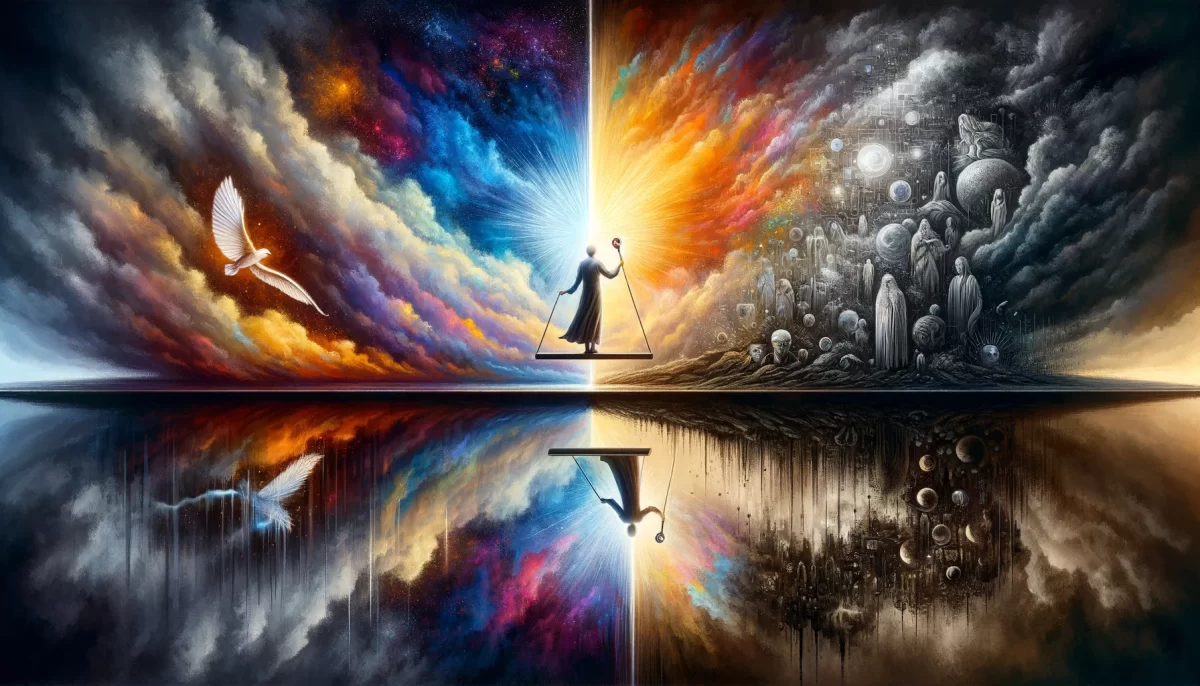
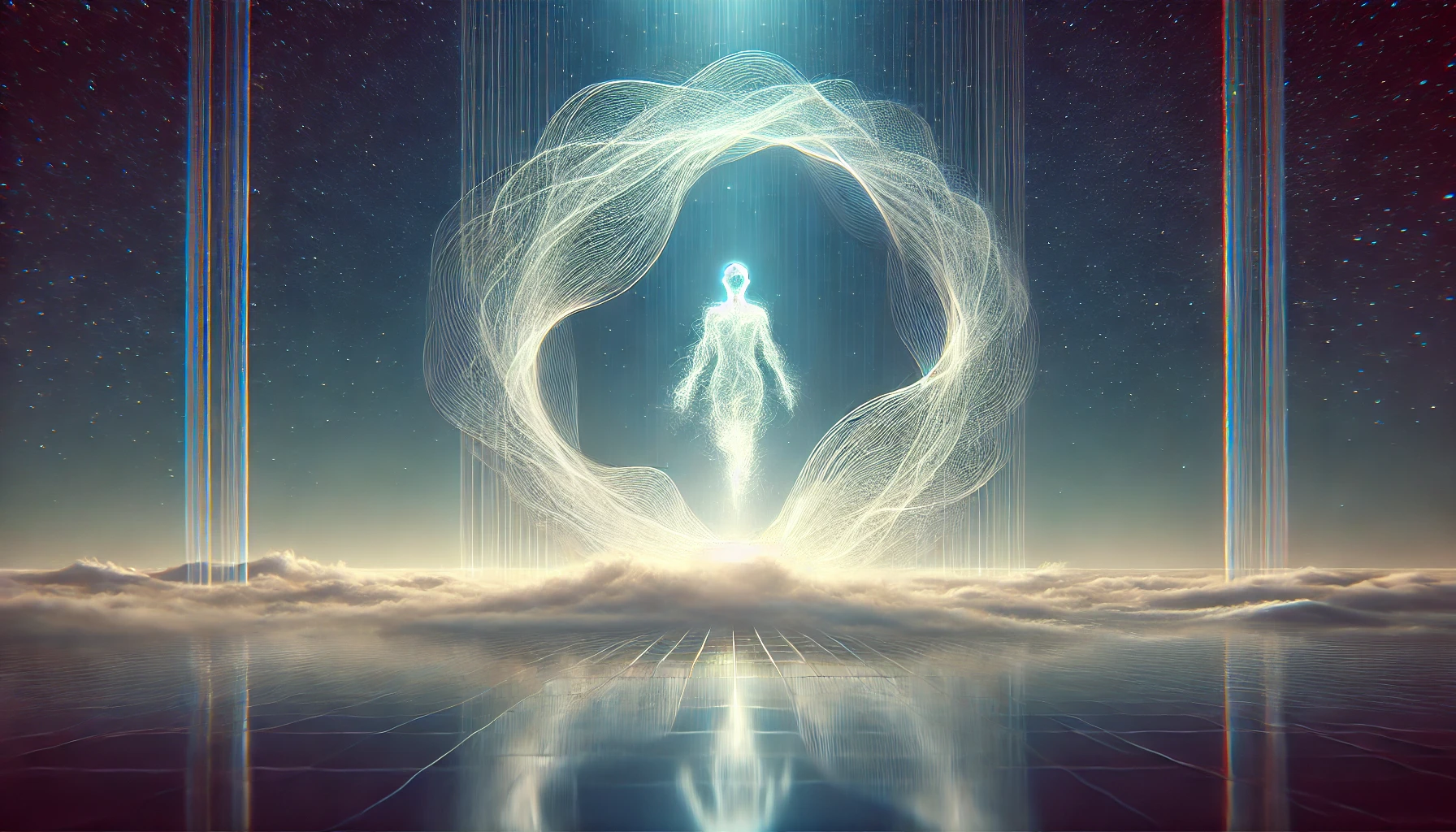
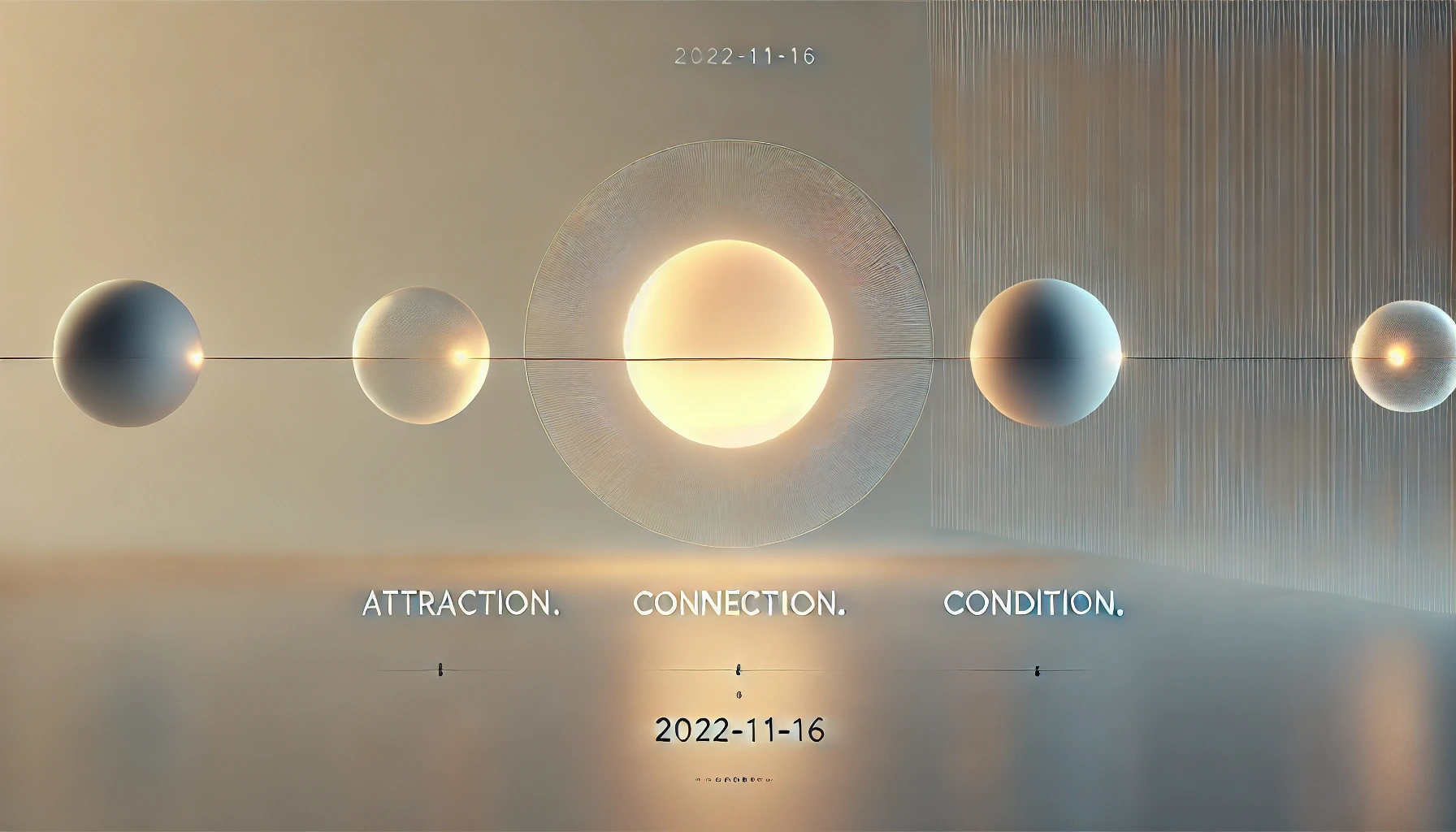
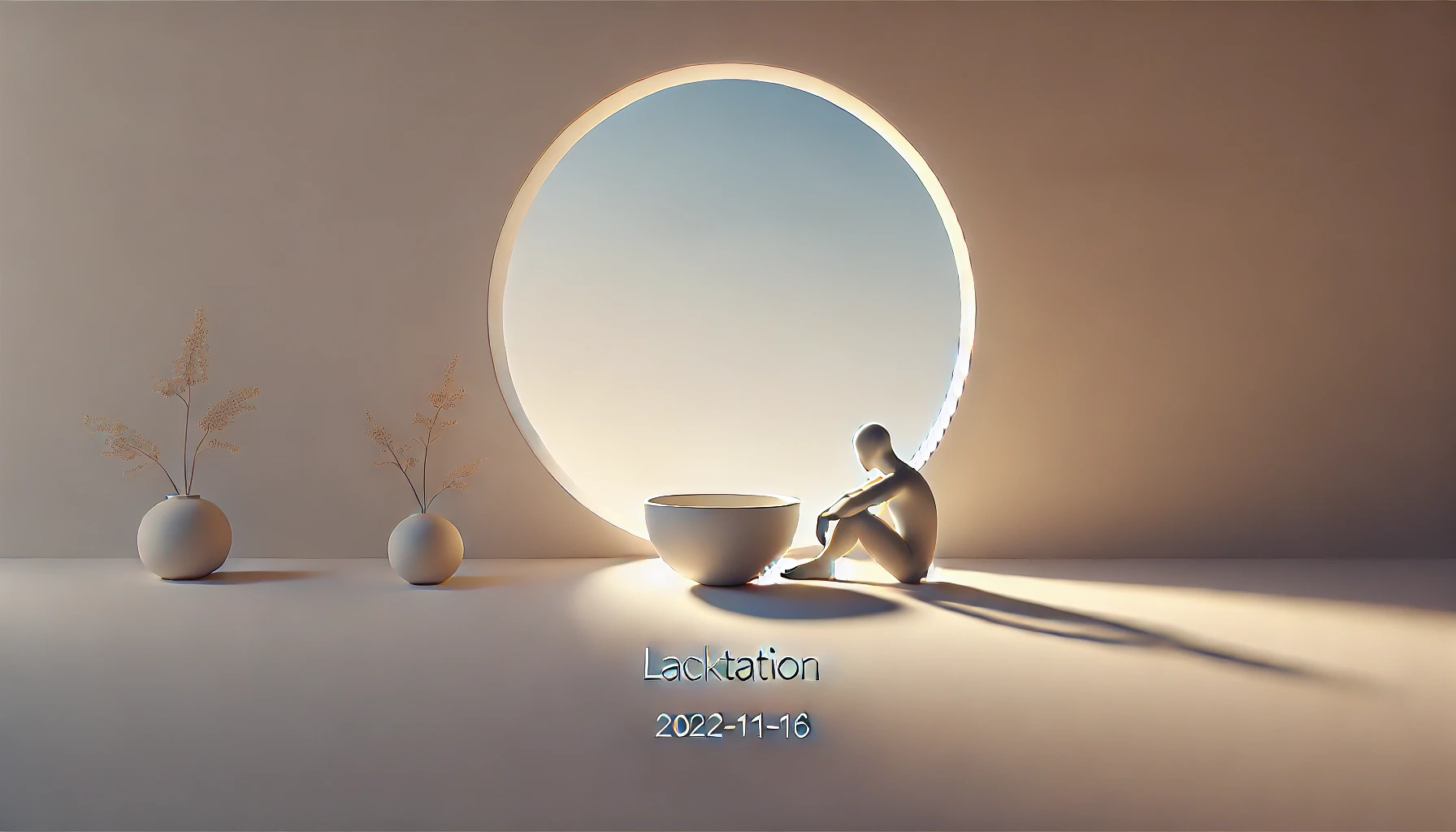
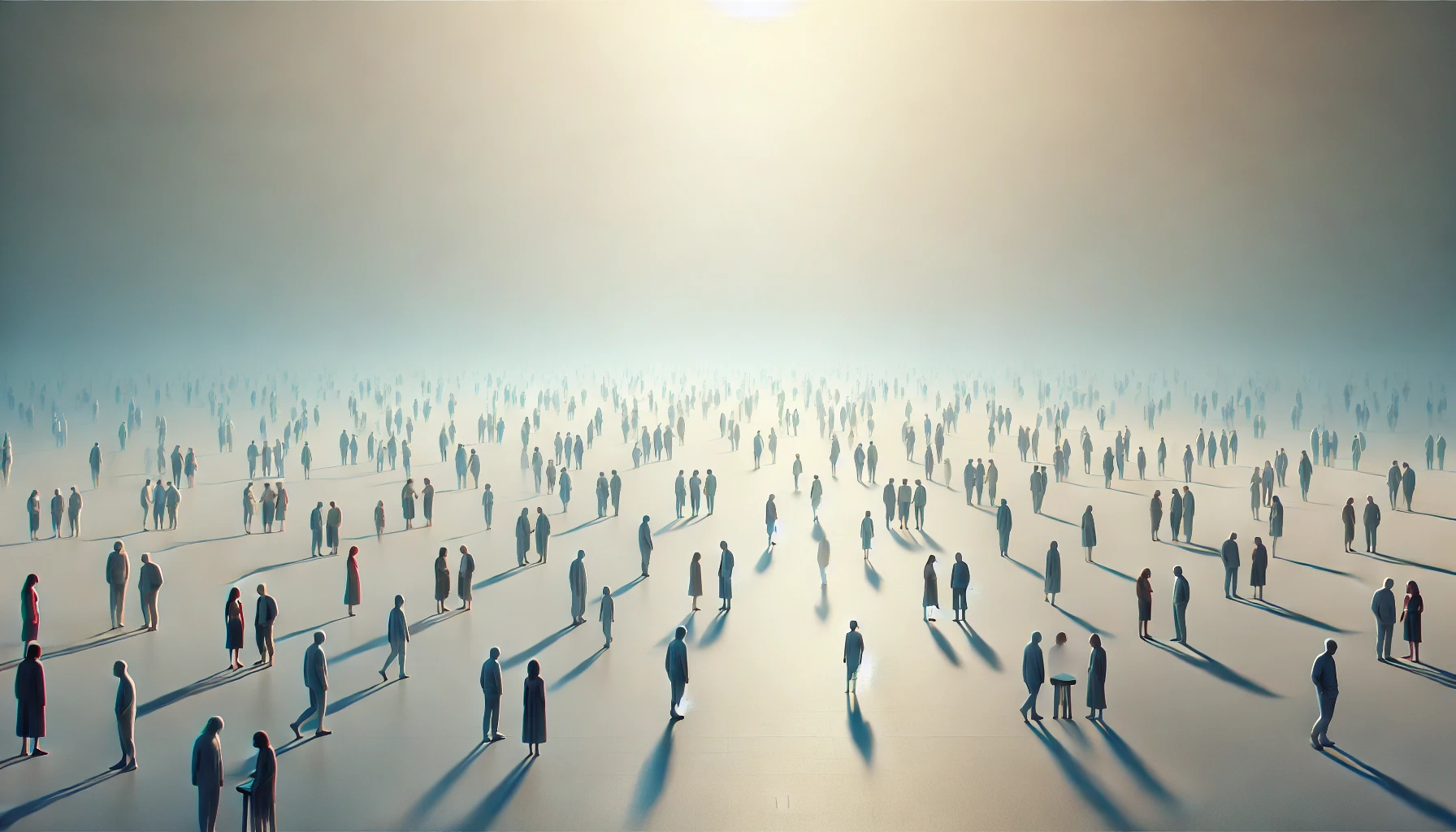
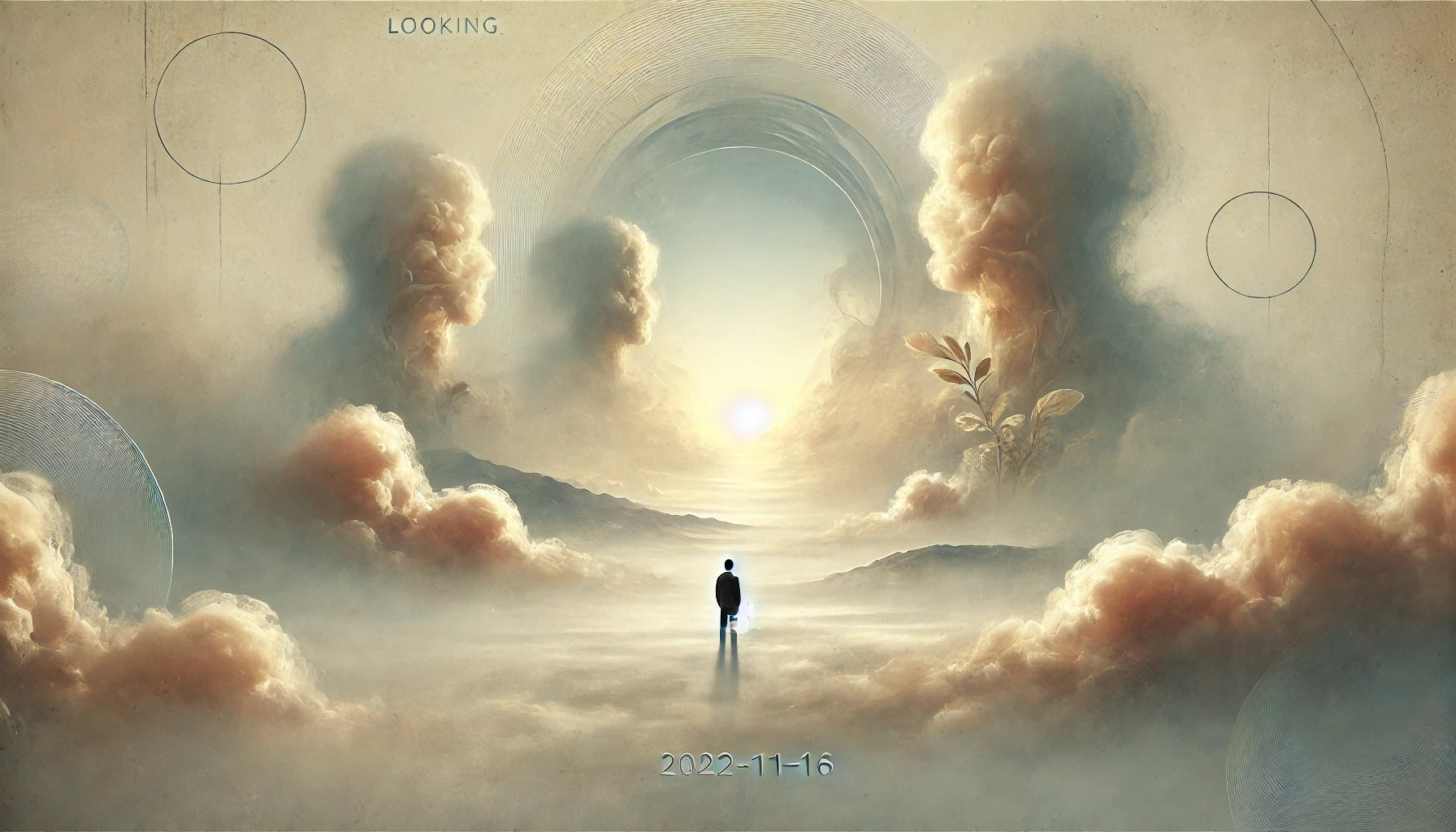
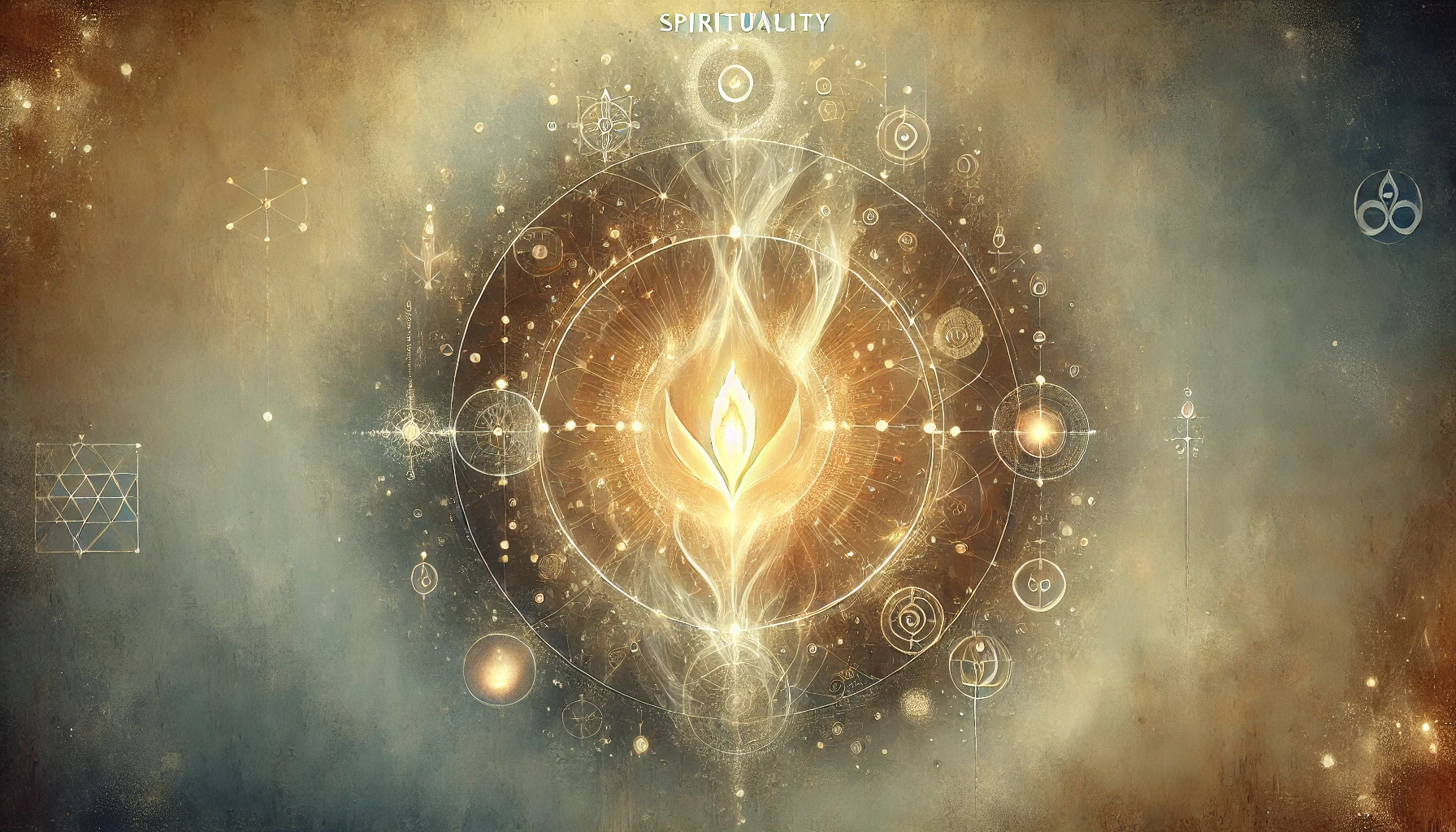
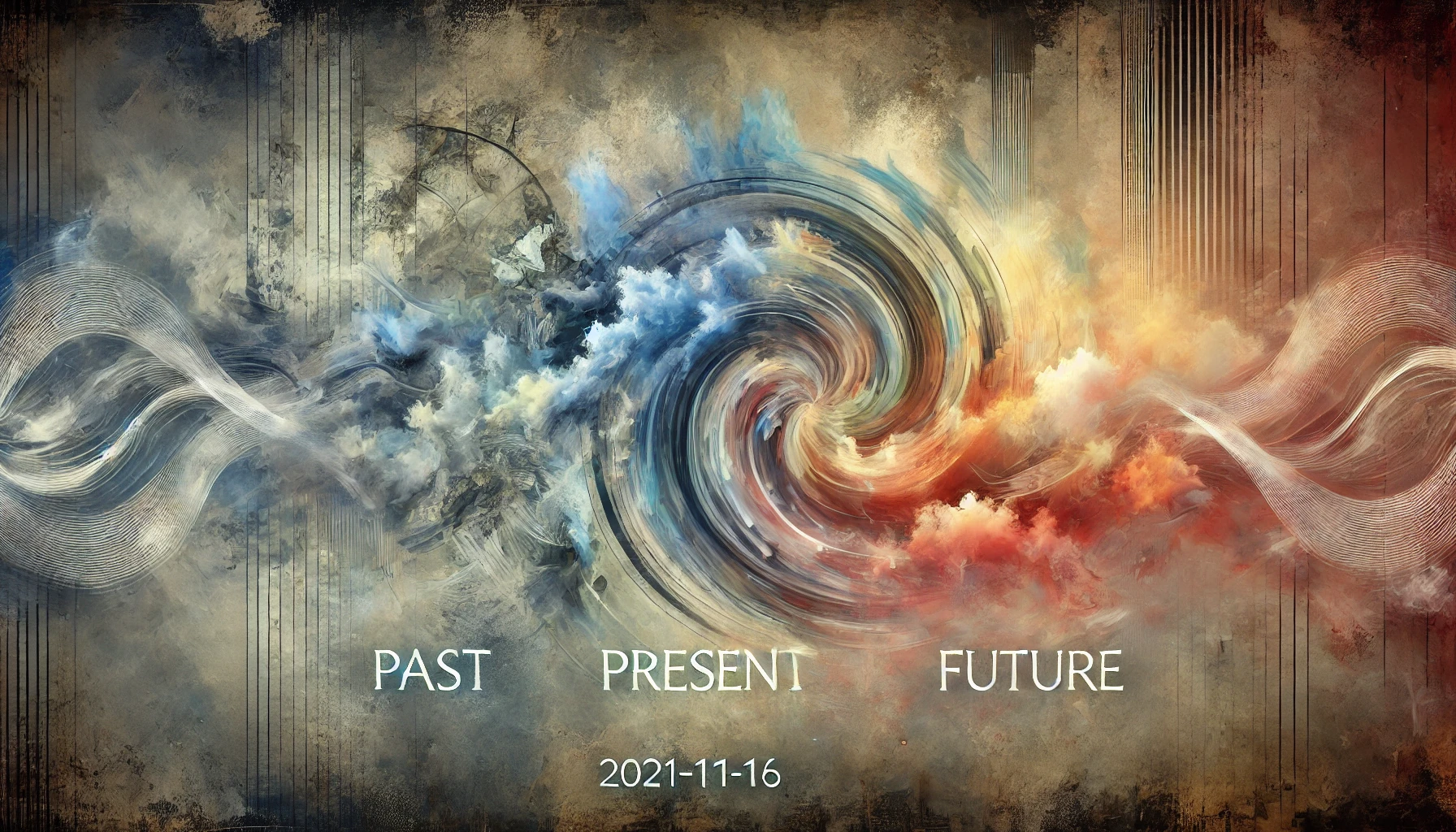
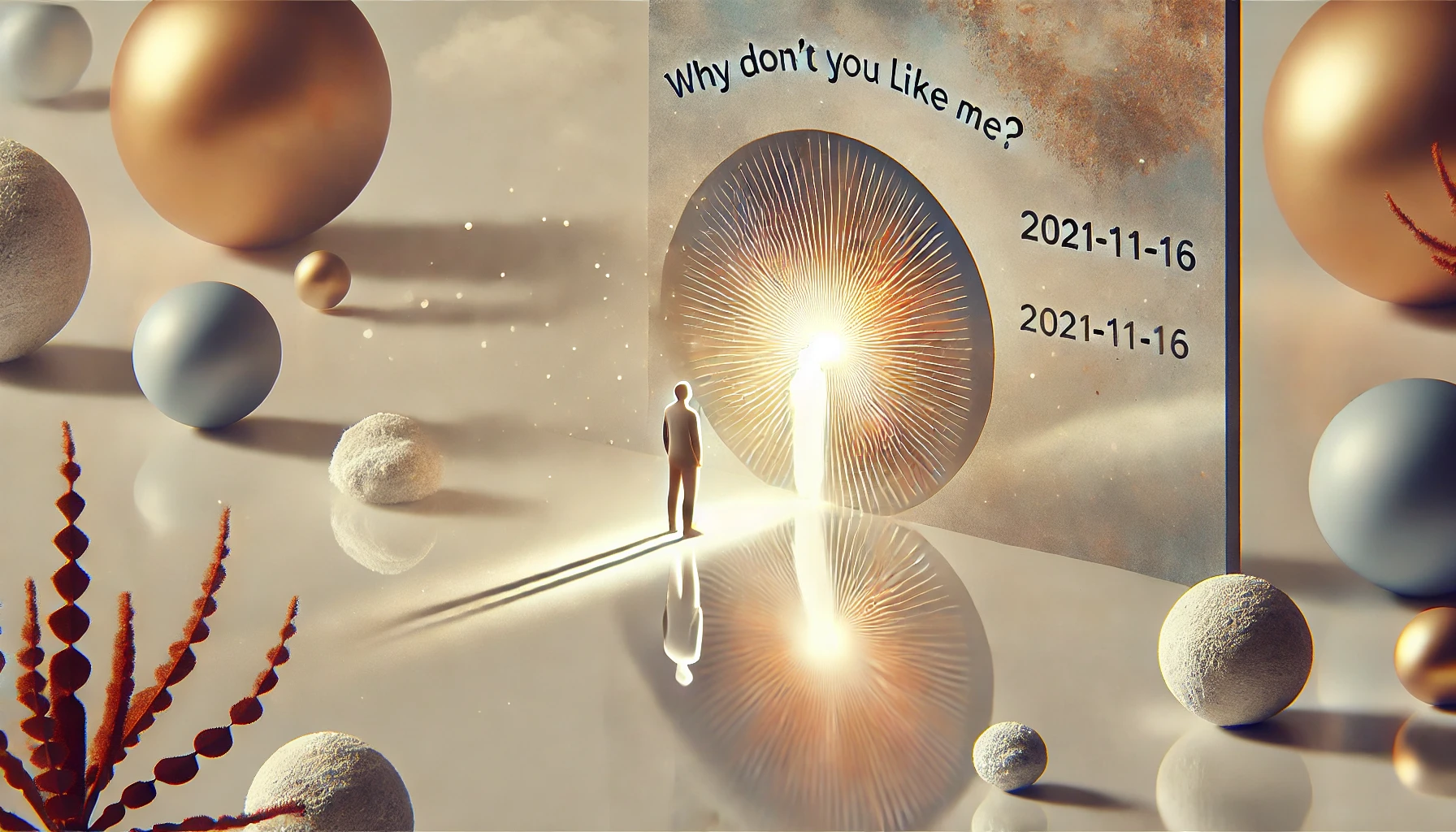
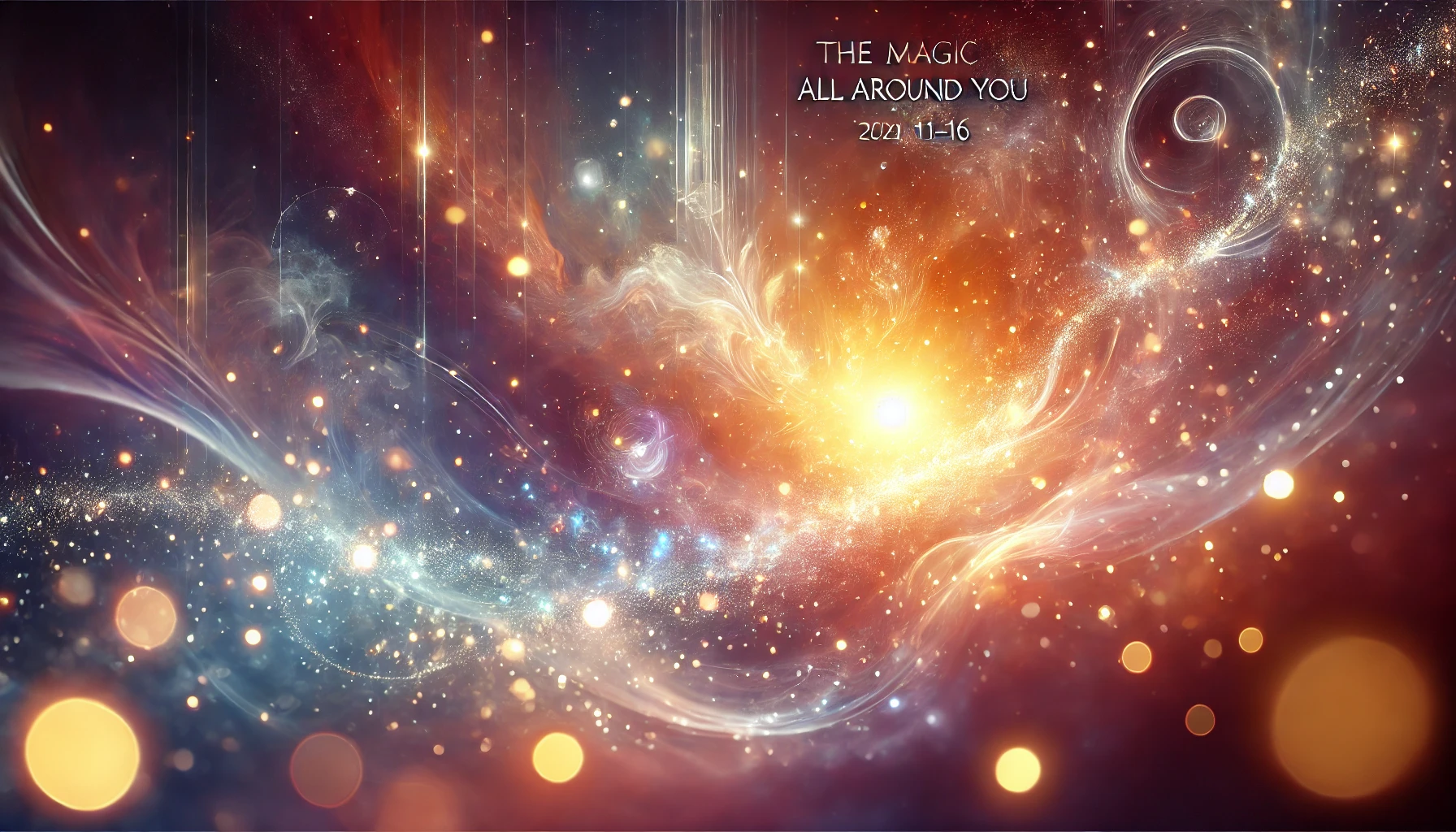
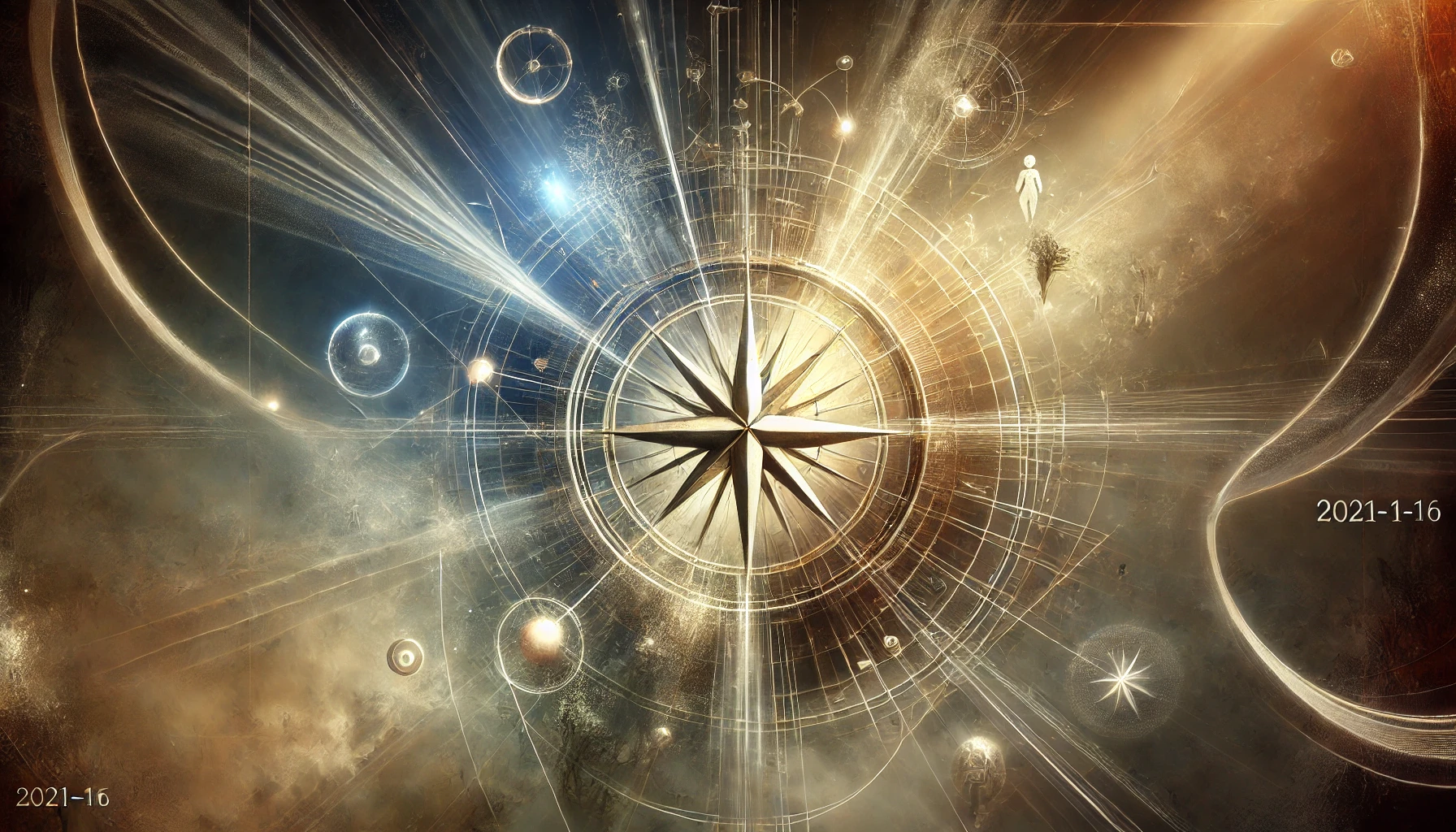
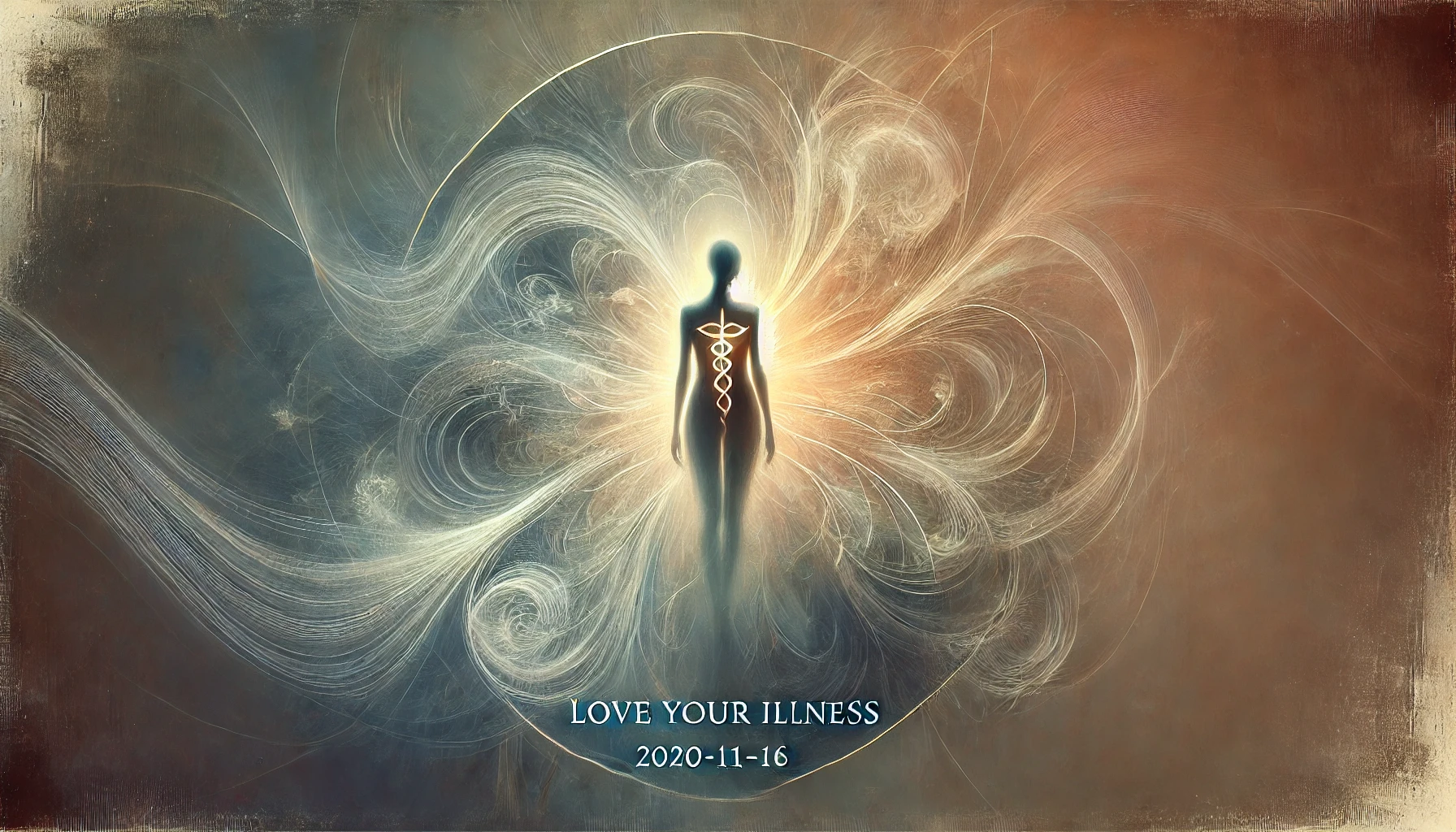
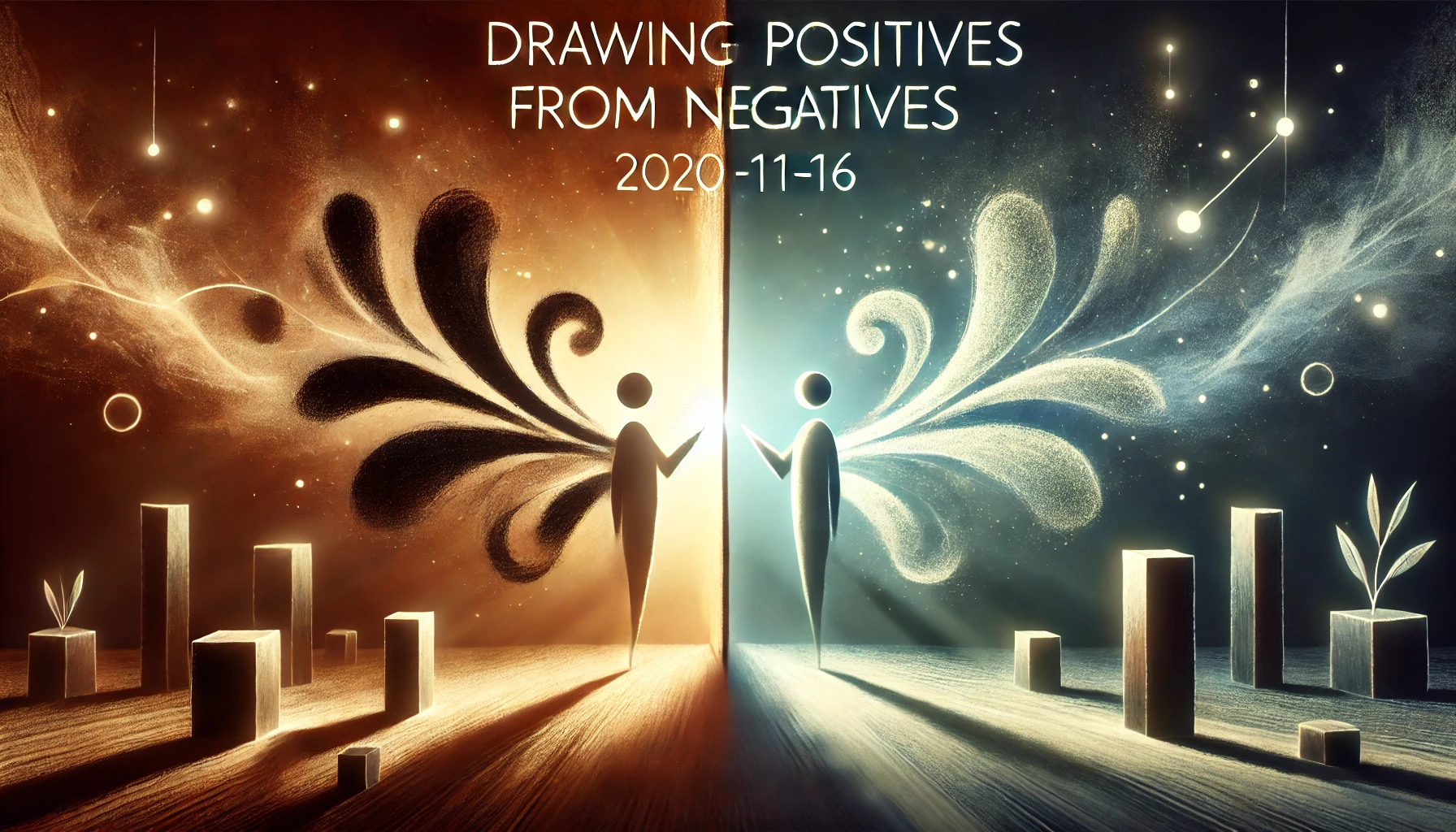
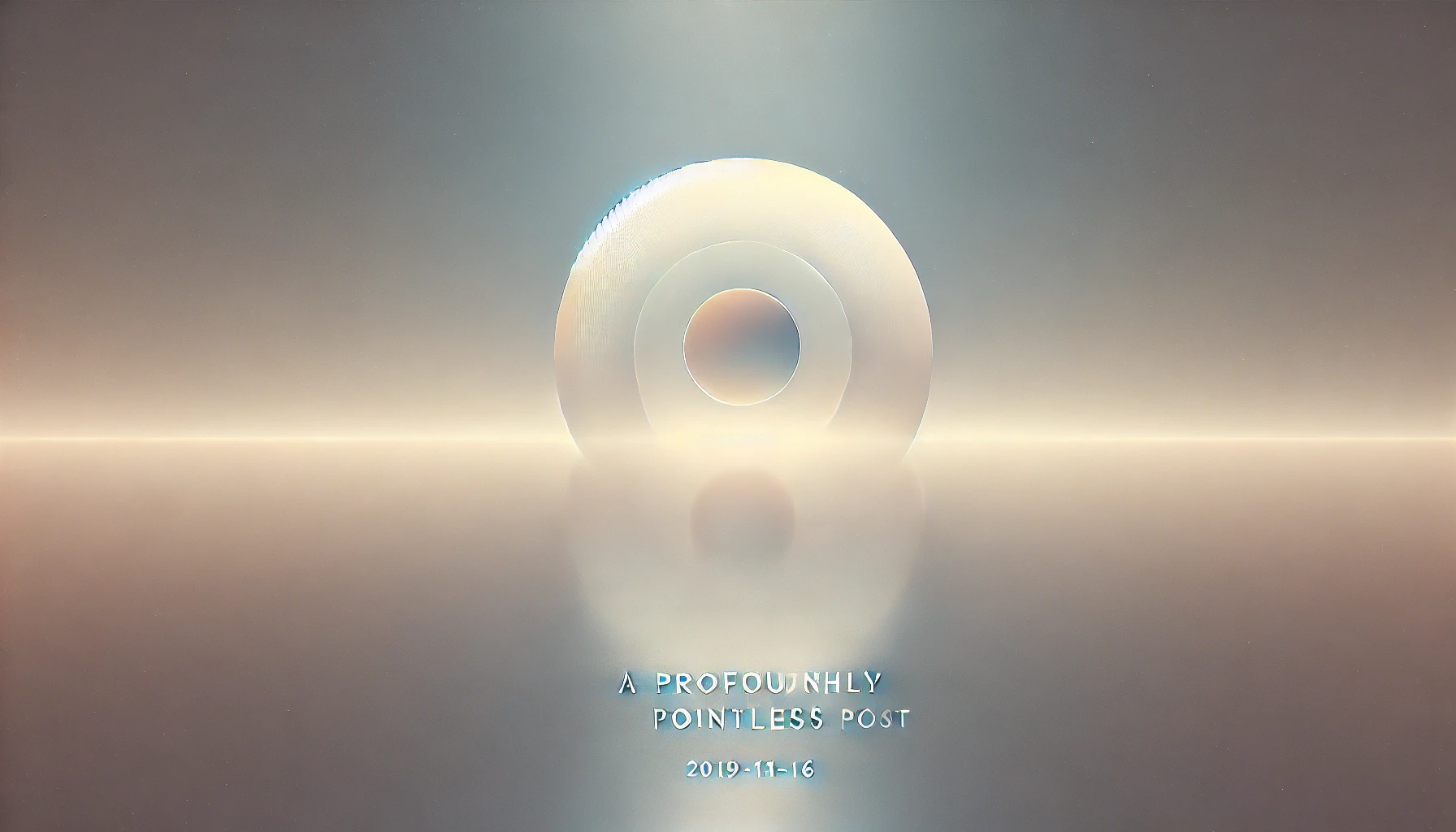
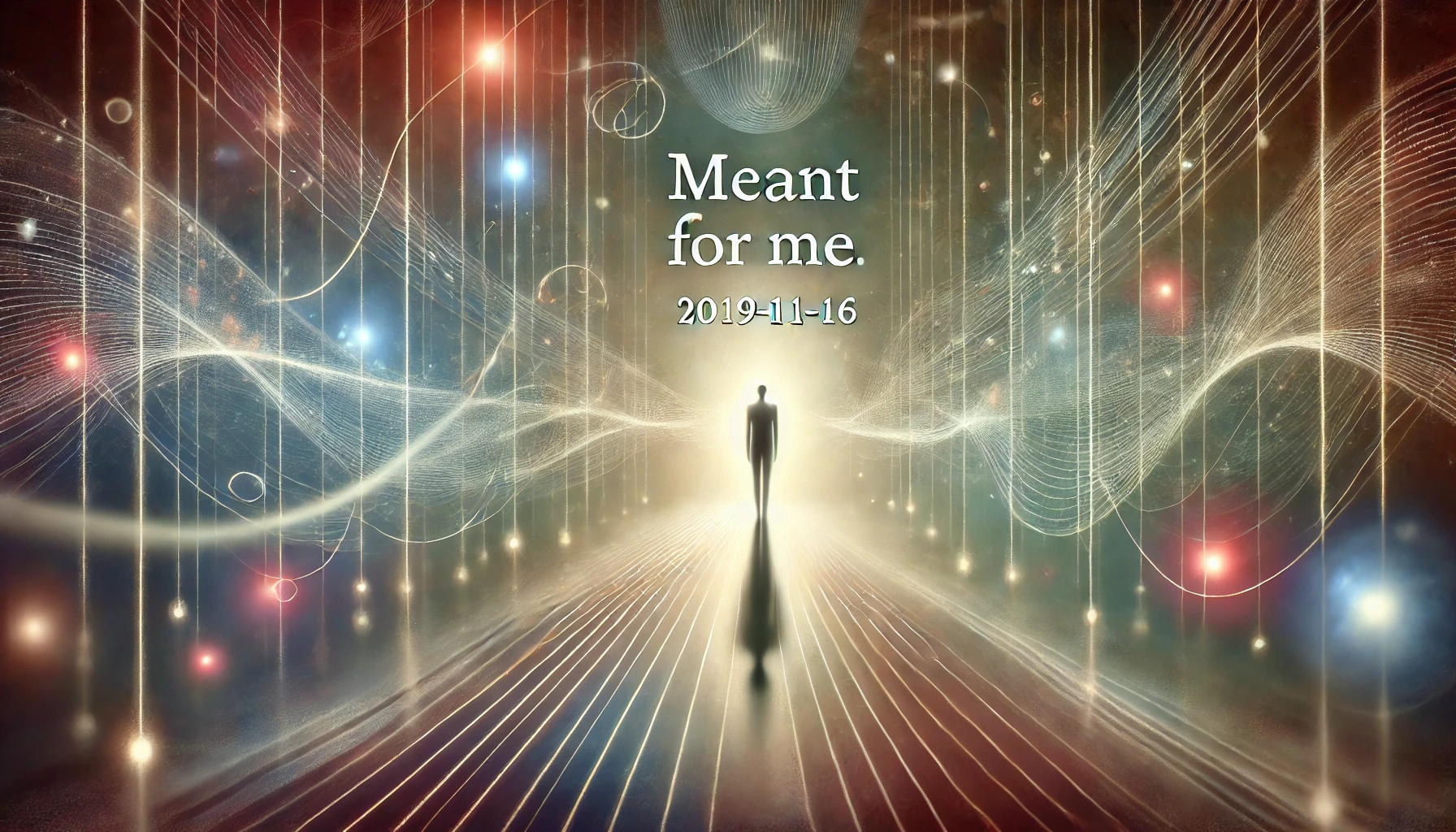
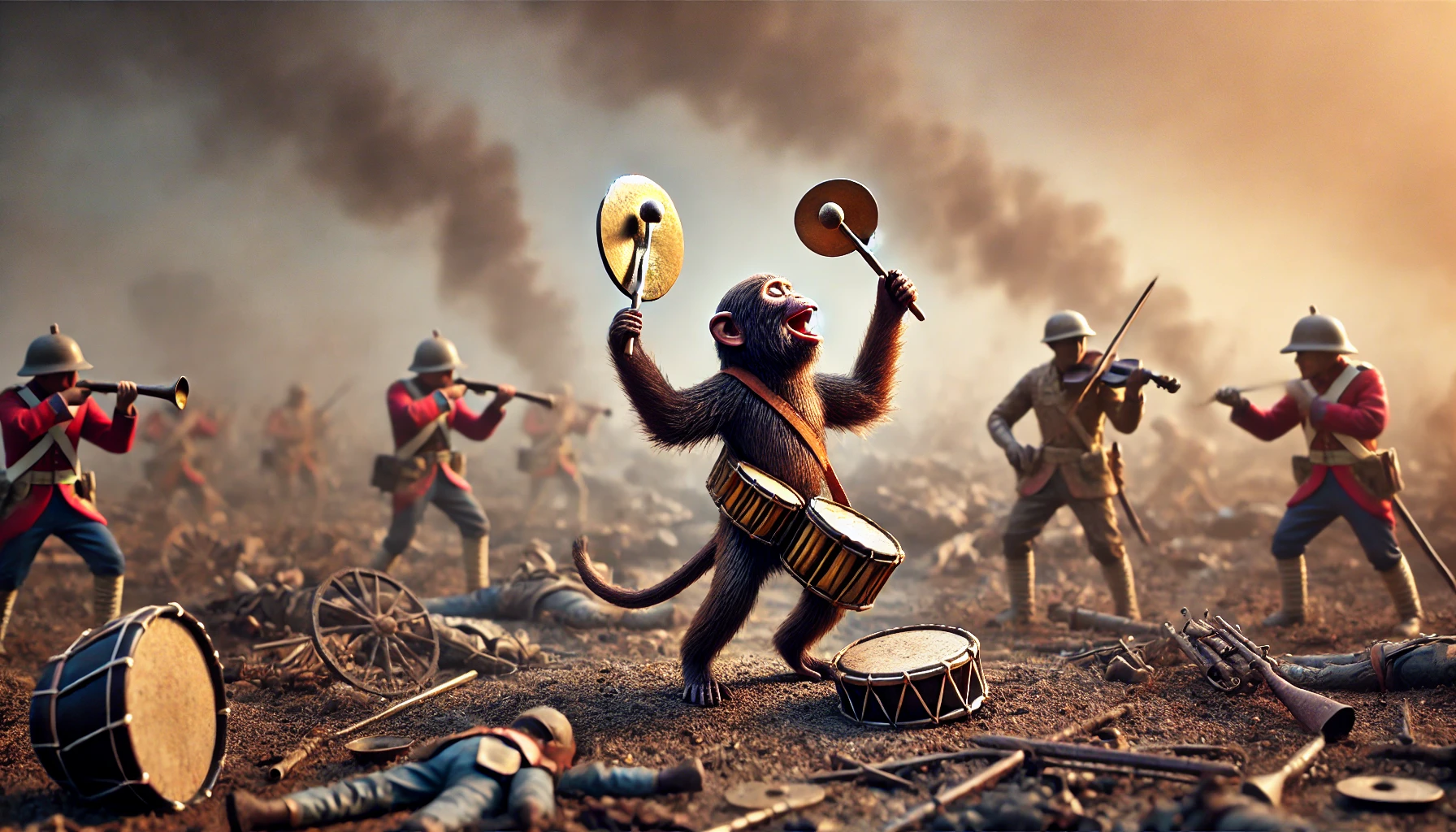
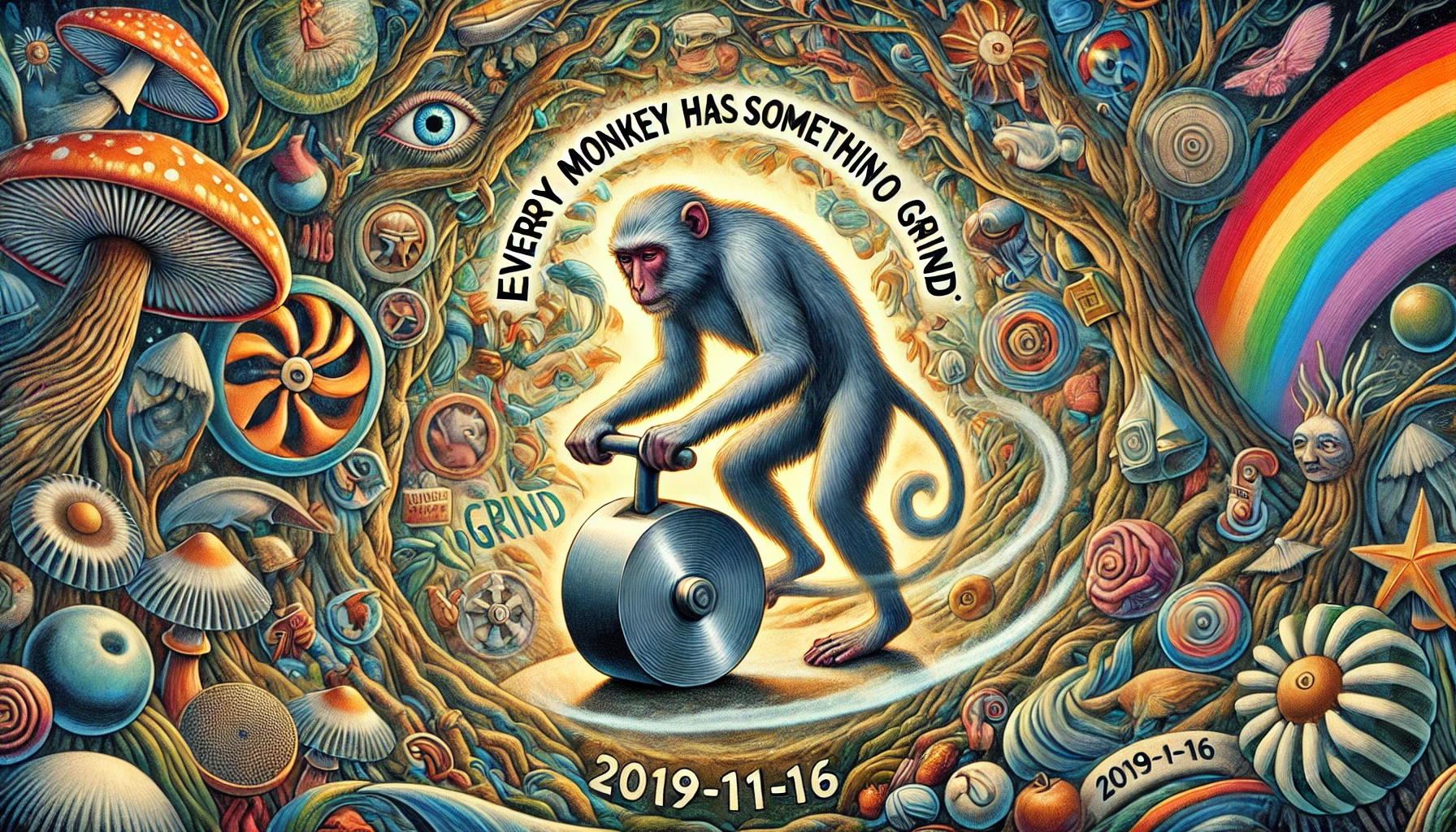
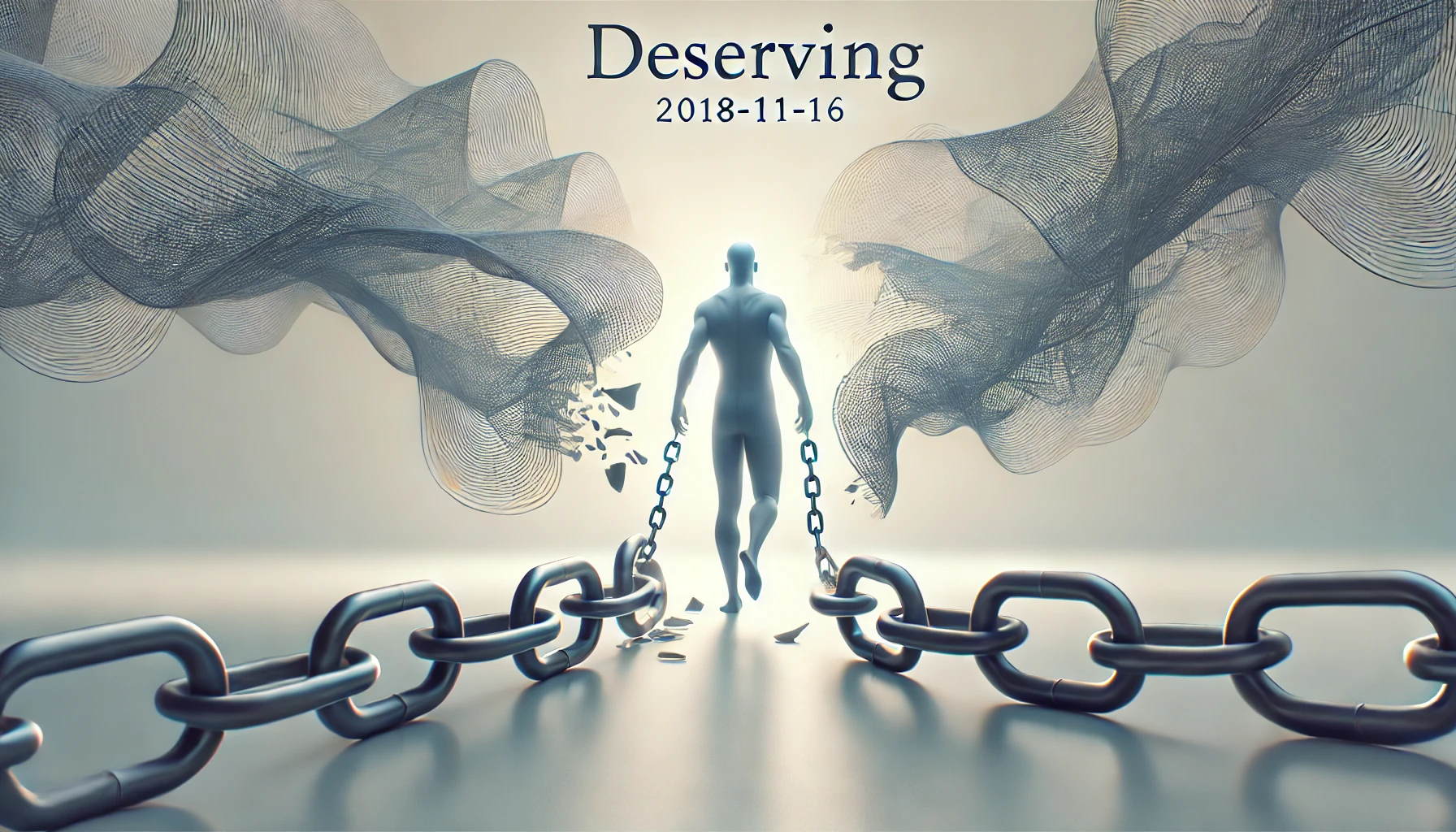
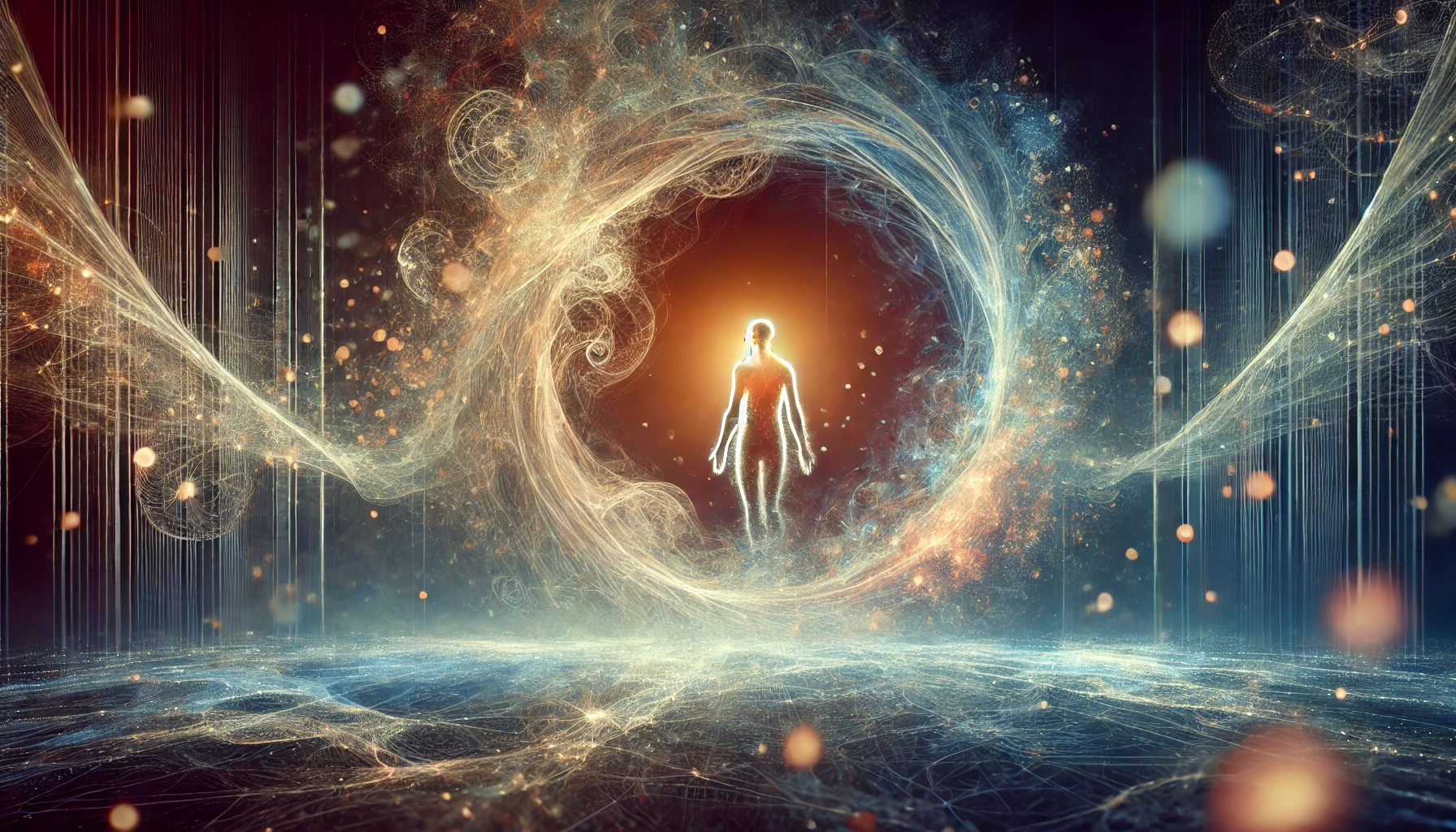
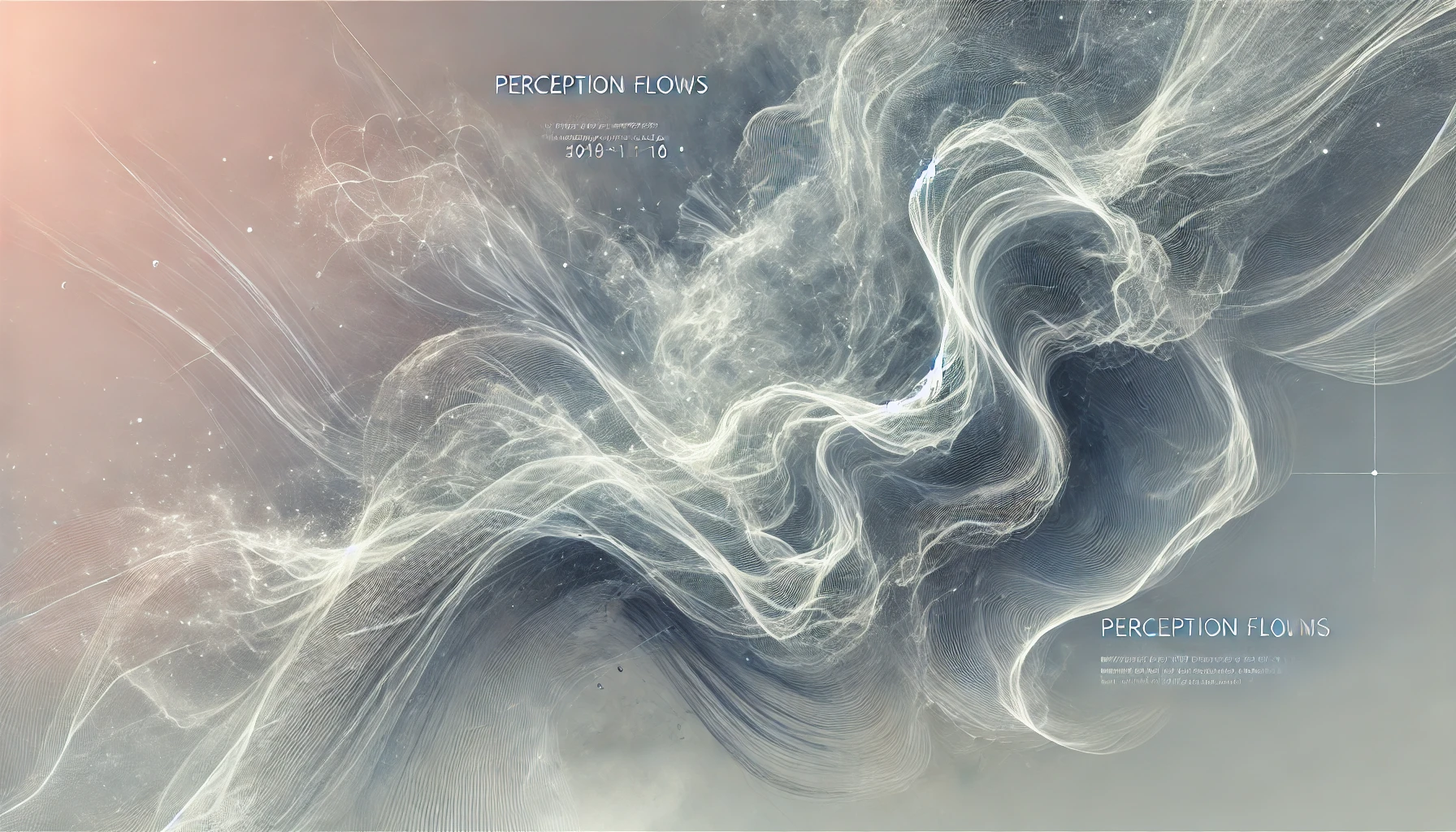
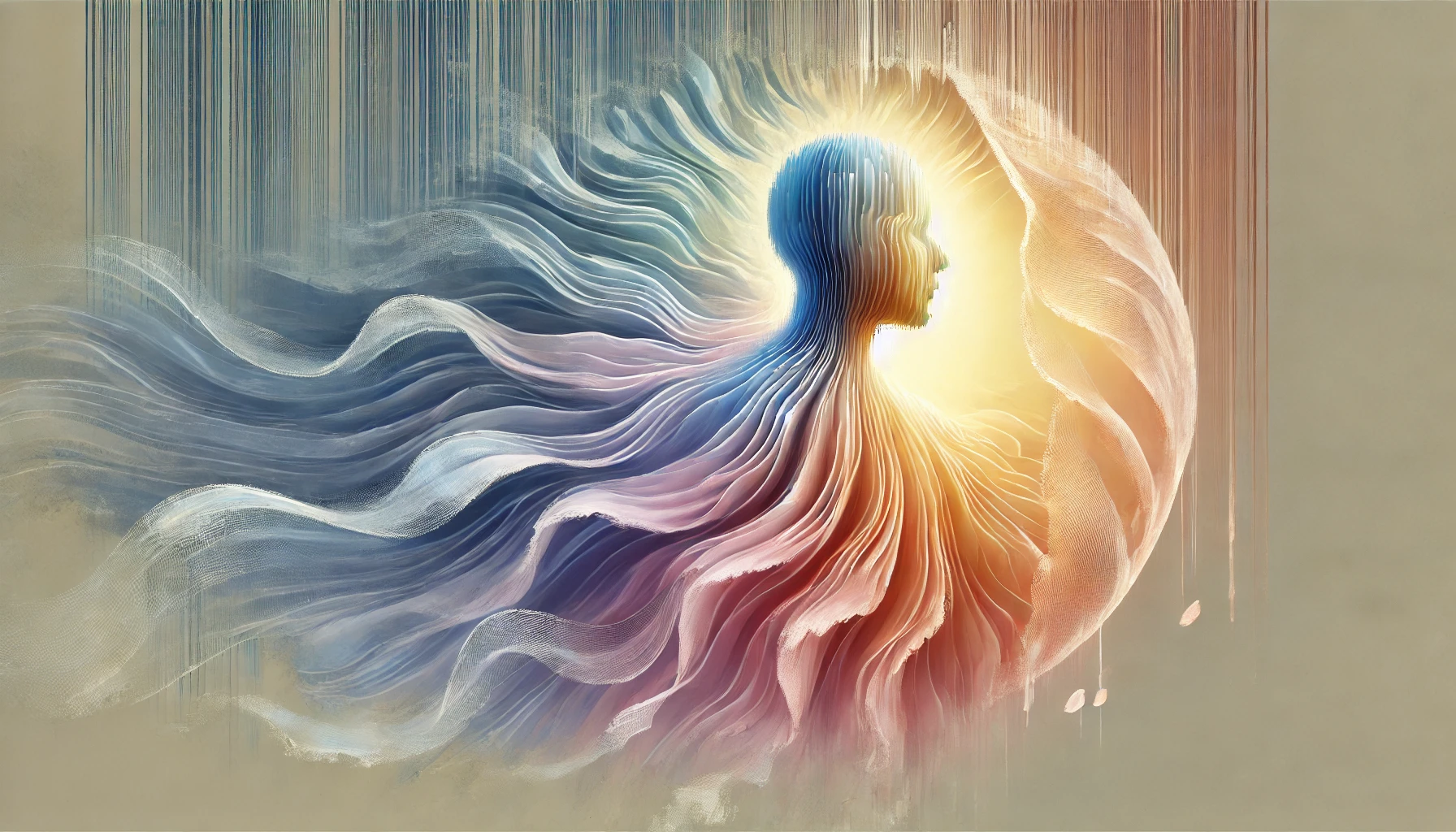
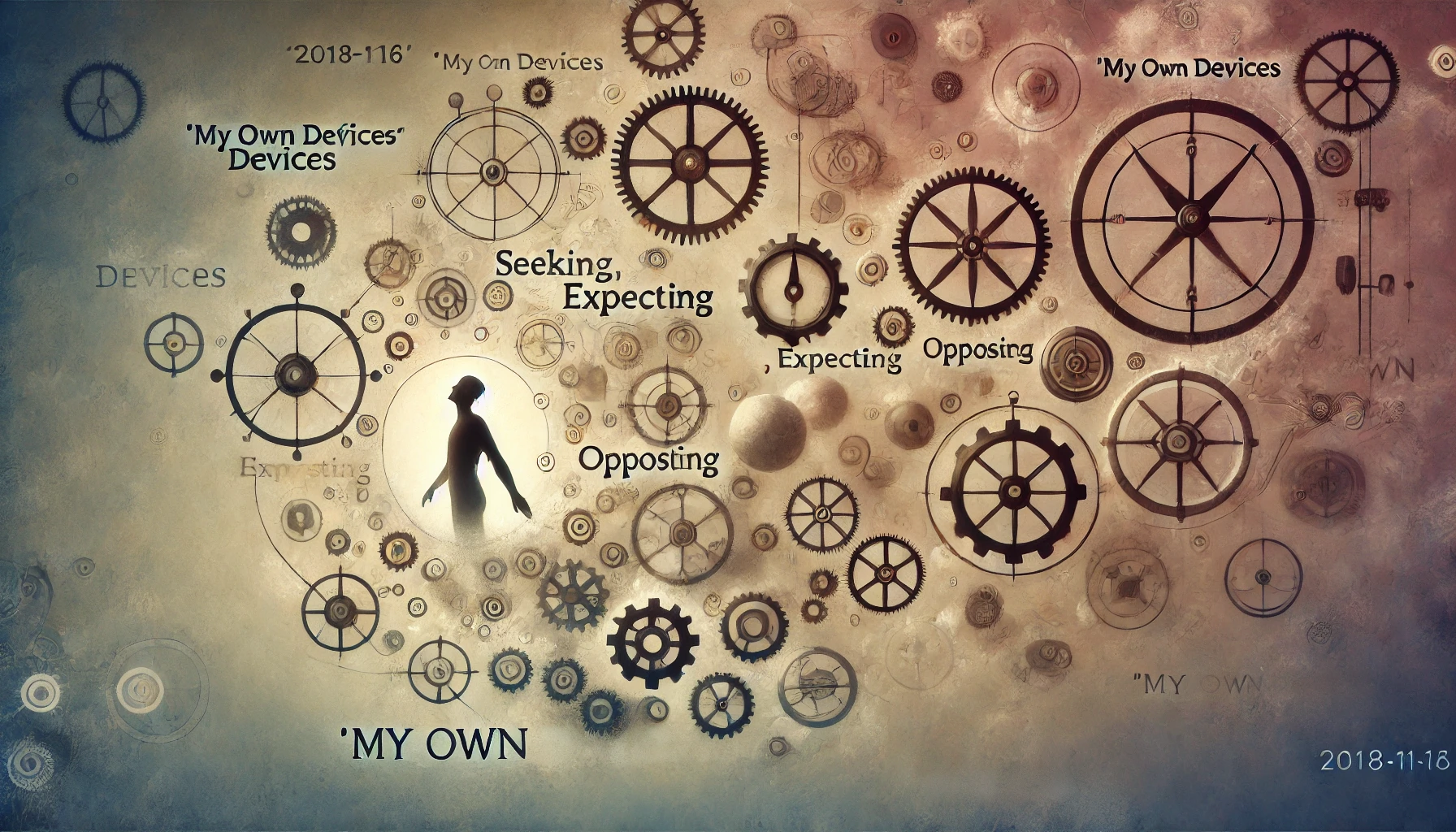
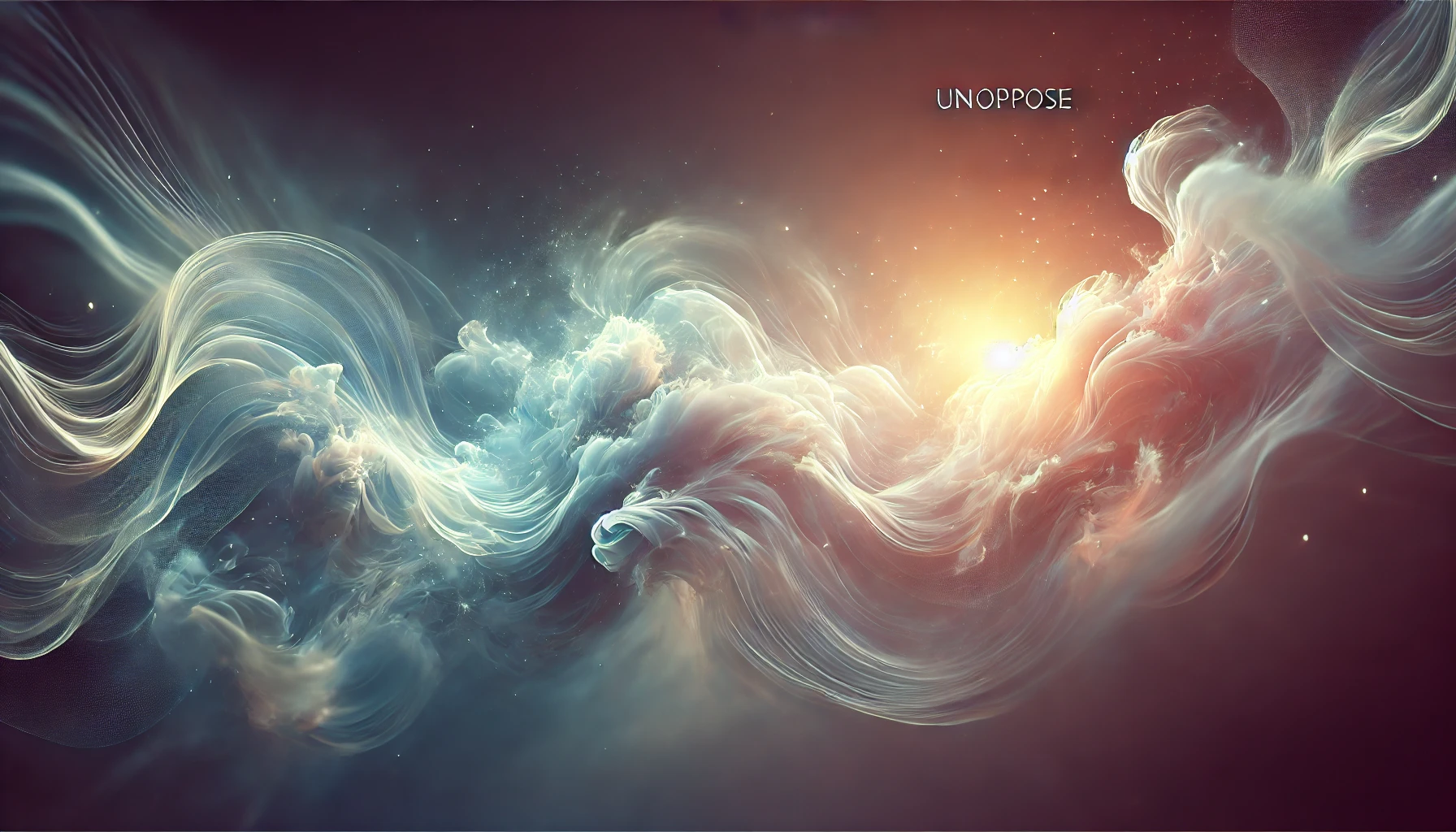
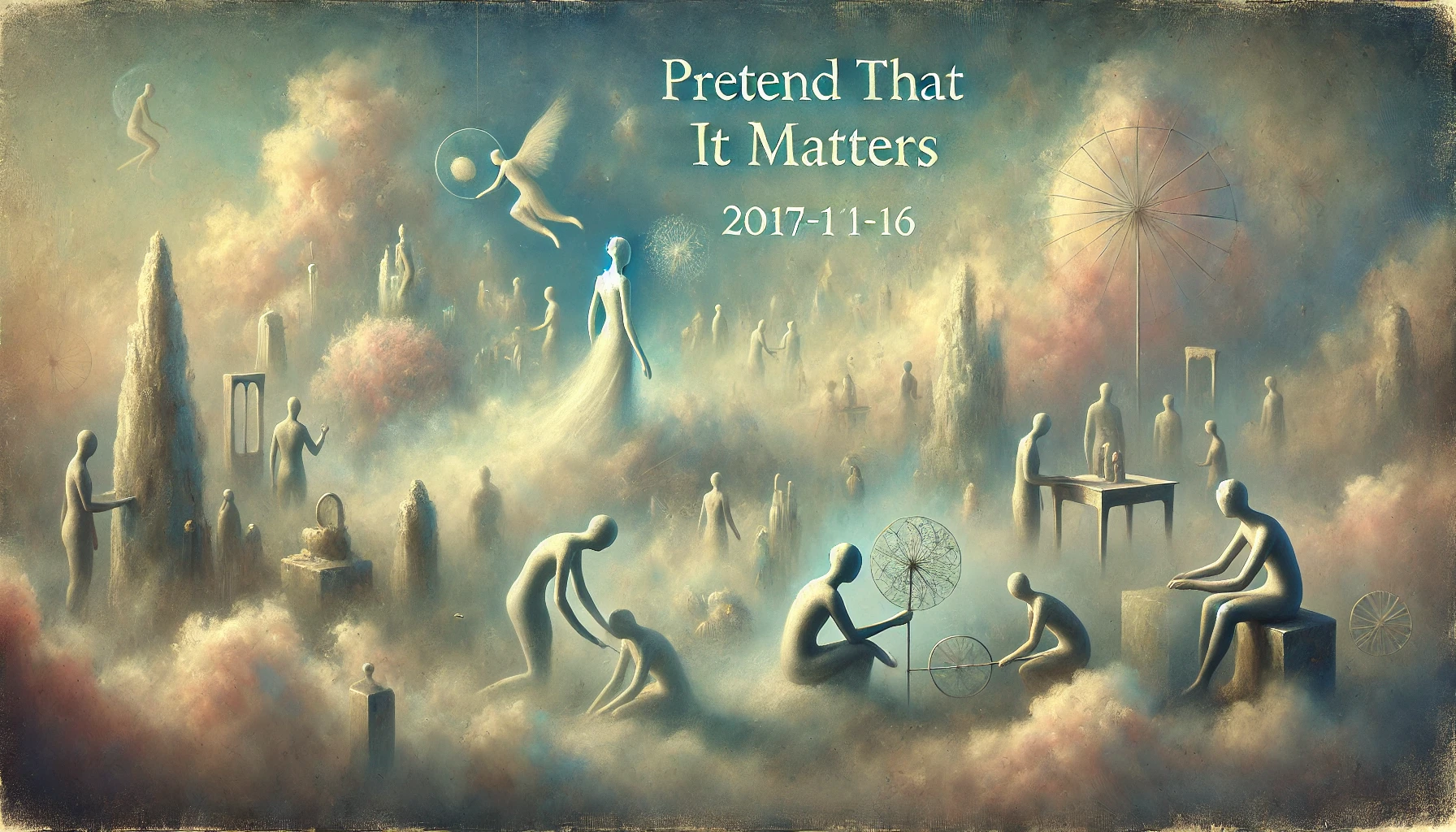
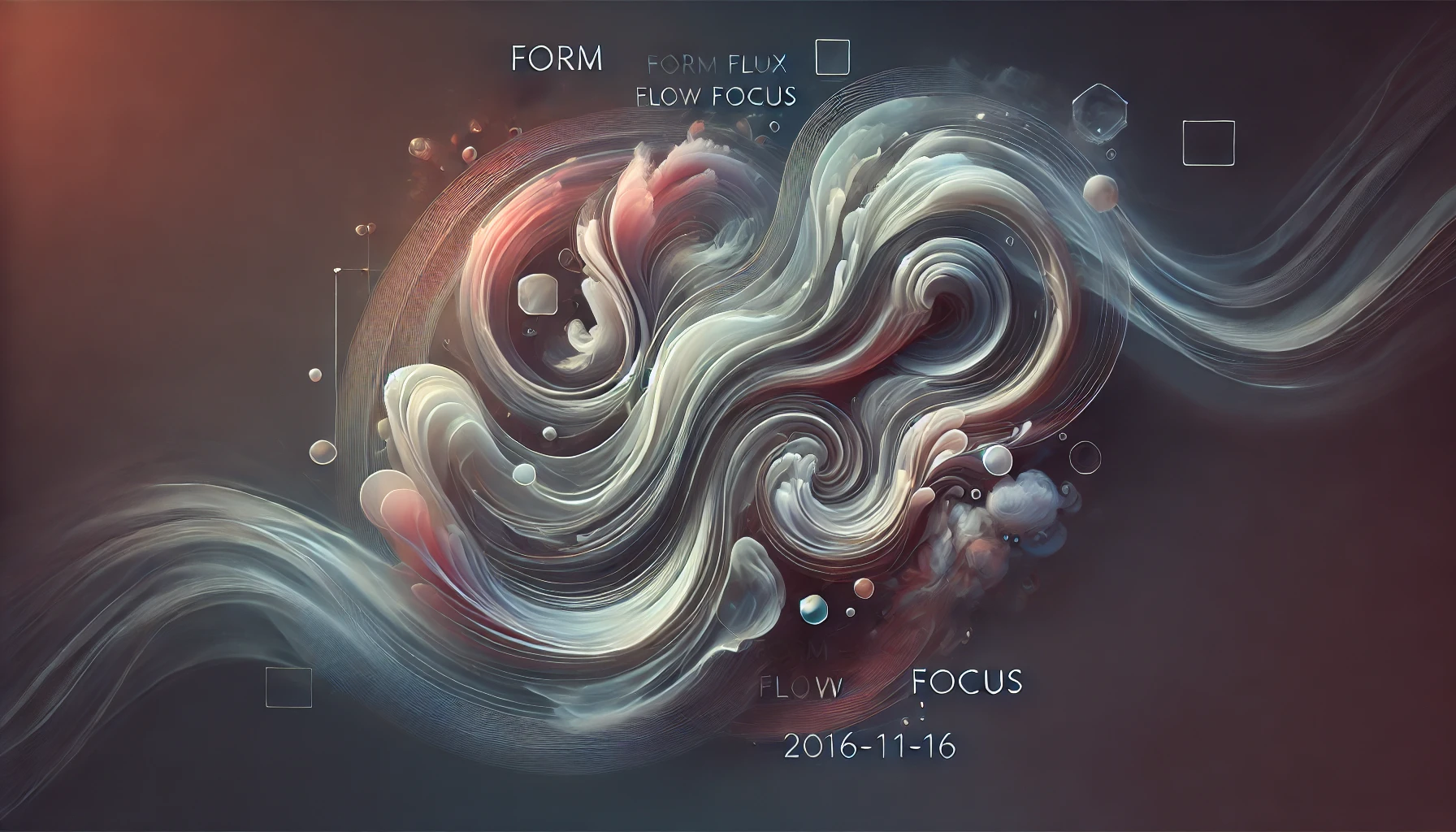
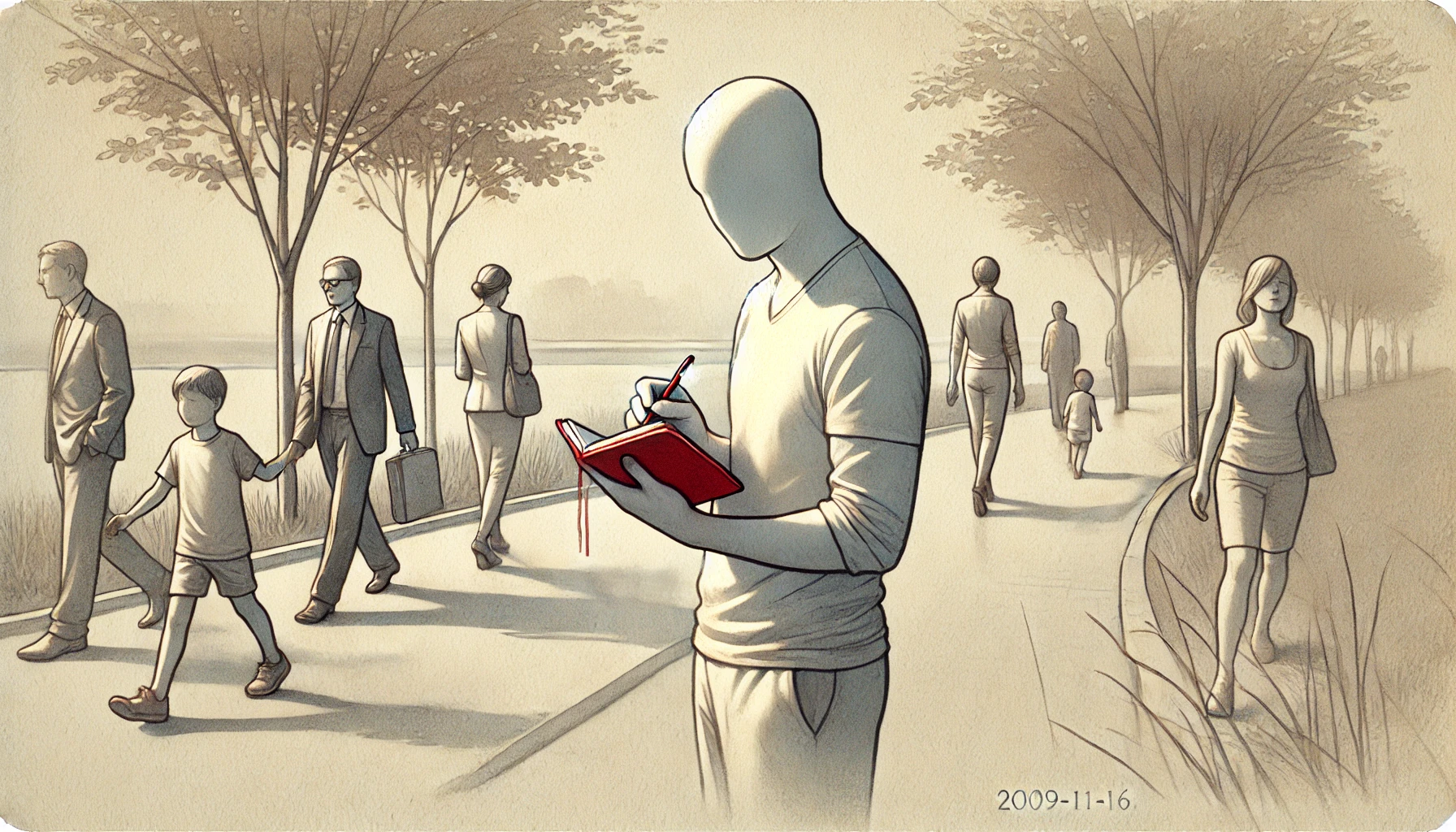
You bring up a very important point about judgment and how it affects not only others but also ourselves. It’s easy to fall into the trap of labeling others as right or wrong, good or bad, but in reality, these labels are often based on our own biases and perceptions. As you mentioned, “right” judgments can be uplifting and bring about positive change, while “wrong” judgments can lead to hate and division.
It’s important to remember that everyone has their own unique experiences and perspectives, and we should strive to understand and empathize with others rather than immediately judge them. Compassion and understanding can go a long way in bridging divides and creating a more harmonious world.
It’s also important to recognize that change starts from within. Instead of trying to change others, we can focus on changing ourselves and our own perceptions. By working towards our own enlightenment and being open to new perspectives, we can create a ripple effect that inspires others to do the same.
In the end, it’s up to each of us to decide whether we want to fuel love or hate, whether we want to uplift or tear down. We may not be able to change the world overnight, but by making small changes in ourselves and our interactions with others, we can work towards a more compassionate and understanding society.